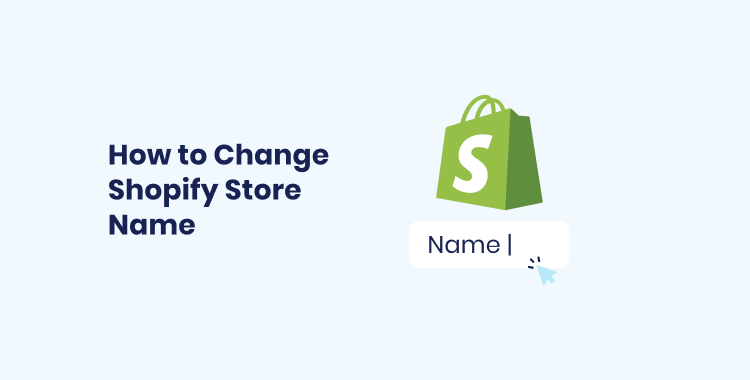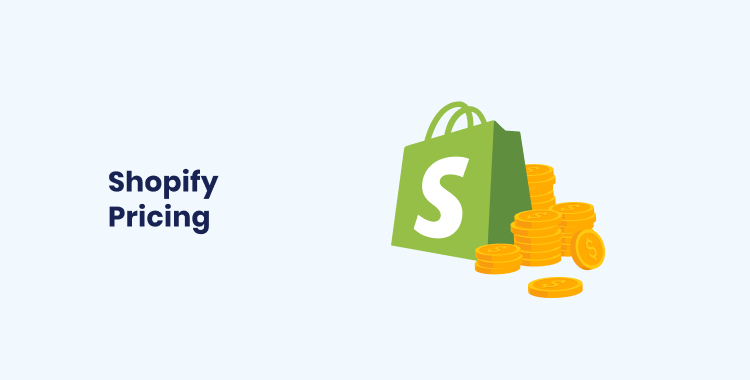
Customers on the other hand choose to do business with you because they like and trust your brand. They only care about price, and so they don't care if they buy from you or another seller. There is an important difference between the two. On these platforms you don't have customers. They are just too manipulative to allow you to build a real brand, and they want to own your customer base, even after you already paid them for it. I do feel sorry for those businesses that are where I was 3 years ago, because at that point every dollar is critical, and this makes it more difficult for sure.īut, Shopify is a MUCH better option in the long term than any of the marketplaces. I pay twice as much to Facebook to advertise on their platform, as I do to Shopify. Whatever the reason is though, it is important to view these fees in perspective: the fees paid to shopify are some of my lowest monthly expenses now. Another possibility is that they are trying to incentive people to sign up for yearly plans, to improve cash flow. Had he waited until this point to take the company public, he might not have had to do this. So, my guess is that this increase is an attempt to raise the stock price back up by raising monthly revenue, to compensate for all the sellers who gave up for one reason or another.

If the stock price drops and does not recover, it will spell trouble for Tobias. The problem with that of course is that once you go public, you have to think about all your key people, whose compensation is largely tied up I'm stock, and you have to think about the institutional investors - the pension funds that have invested in the stock. This, of course would cause the stock price to fall. What he didn't understand was that eventually, when reality set in for a lot of his customers, he would see a lot of stores and websites go bust or fall by the wayside, and thus would see revenue drop. Tobias probably shouldn't have taken the company public when he did, but he is a Millennial, and he was riding high on that early success. So why the sudden increase? I have a theory: Shopify was more or less an overnight success story, with so many people signing up and building websites, because they thought it would be easy, and didn't understand what they were getting themselves into. The great thing about Shopify is that they do not in any way interfere with your business. My weekly auctions can now gross as much as 8 or 9 grand, but average 5 grand a week.
#CHANGE SHOPIFY PRICING BY A PRECENTAGE FULL#
Since being with Shopify, I have seen my business take off and become a going concern, employing two full time staff. It was incredibly tough - because that is how building a real business in the real world actually is. Eventually, I figured out what E-bay was doing to manipulate seller visibility on its platform, and I came to the conclusion that it was time to leave. No matter what I did, I could never get my sales above $3,500 a month on E-Bay. Prior to that I had been with E-bay for nearly 5 years trying to get my fledgling stamp business off the ground. I have been with them for nearly 4 years now, since leaving E-bay for good in April 2019. Rather, what they do is provide the tools and the monthly hosting to enable you to build and run your own website. They don't have a site that you the buyer would visit. There are a lot of misconceptions about what Shopify is.

As of July 2022, Shopify is among the top 20 largest publicly traded Canadian companies by market capitalization.Shopify Raises Monthly Seller Fees by 34 Percent The total gross merchandise volume exceeded US$197 billion for calendar 2022. According to W3Techs, 4.4% of the top 10 million websites use Shopify. According to BuiltWith, 1.58 million websites run on the Shopify platform as of 2021.


The company reported that it had more than 2,000,000 businesses in approximately 175 countries using its platform as of December 2022, geographically dispersed as follows: 55% of North America, 25% of Europe, the Middle East and Africa, 15% of Asia Pacific, Australia and China and 5% of Latin America. The Shopify platform offers online retailers a suite of services, including payments, marketing, shipping and customer engagement tools. Shopify is the name of its proprietary e-commerce platform for online stores and retail point-of-sale systems. is a Canadian multinational e-commerce company headquartered in Ottawa, Ontario.


 0 kommentar(er)
0 kommentar(er)
